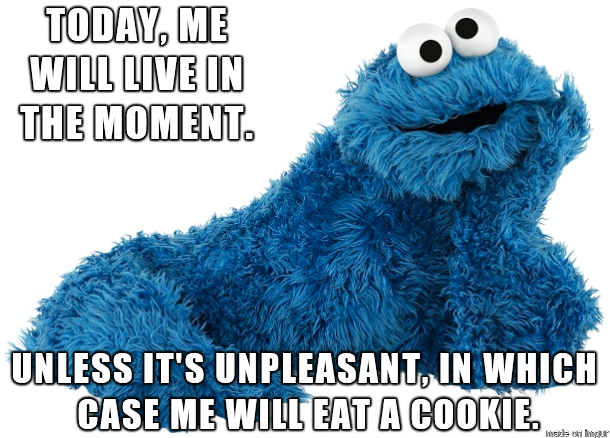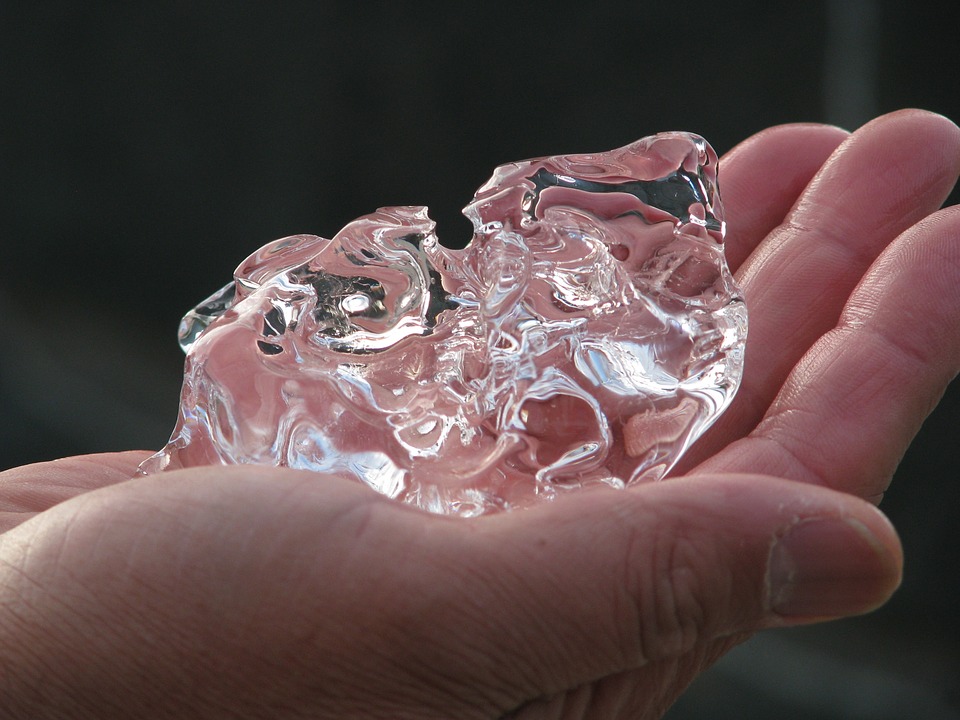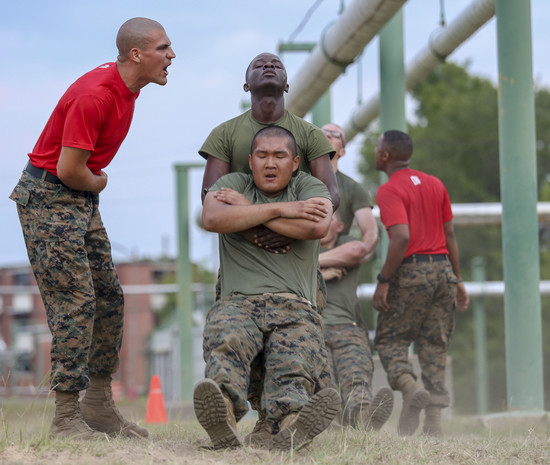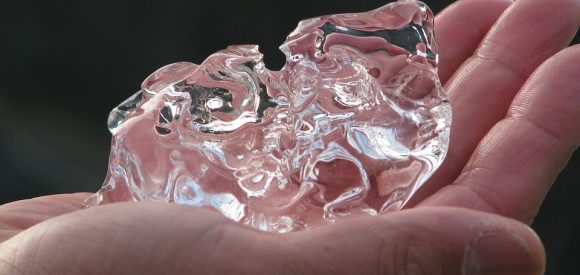The Merlin Works Winter 2020 Newsletter

There’s the You that is making your New Years Resolution: the rested, reflective, goal-oriented You that knows what she wants: to wake up early for that workout, to spend less money eating out, to finish that book project. Wonderful, clear, productive you. Well done.
And then there’s the You that is exhausted when the alarm goes off at 5:30 am when you didn’t get to bed until midnight. The You that is so hungry after work you can’t wait an excruciating hour to get home, cook and eat what you’ve bought from the store. The You that is so stressed out from urgent deadlines that you punt that book writing session for another day.
Why does this keep happening? Well, one factor is the hot-cold empathy gap. It’s something I just learned about in one of my favorite podcasts, The Hidden Brain. The hot-cold empathy gap, Pioneered by George Loewenstein at Carnegie Mellon University, is the idea that intense feelings can transform us into different people who make very different choices than we would when we are calm. Loewenstein even did an experiment using hot and cold involving putting a person’s hand in cold water, which is a classic pain challenge. He had a colleague put his hand in the water, having him attempt to keep it in for one minute. It was so painful, after about thirty seconds he quit and pulled his hand out of the water. But after a few minutes, he insisted that he could do the full minute and tried again, thinking that he must have been ridiculous to quit and it could not have been that bad. So, he put his hand in the ice water again and pulled it out twenty seconds later. It was like he was two different people — one with a clear goal when he was calm, but when he was in pain, a different person who couldn’t stand it a moment longer.

This points to an internal empathy gap. We don’t understand ourselves when we are in different heightened states. We are terrible at predicting how we will behave when we are hungry or tired or in pain aka a “hot state.” And once we are calm and in a “cold state” we have a hard time explaining to ourselves some of the past behavior we’ve exhibited that goes against all the plans, values, and resolutions.
I noticed this feeling years ago. I remember being extremely thirsty and thinking, how could I ever stop drinking water? It’s all I want. I want to drink water forever. And a few minutes later, after a few glasses of water, I was totally uninterested in water.
It’s part of why I’ve lost more and more faith in dieting. Full Shana knows very little about what hungry Shana wants and what she will do. And also why I want to focus on tuning in to my hunger and respond to it so I don’t have to make decisions about food when I’m ravenously hungry. Who knows what that Shana will do.
Much like broken diets, the episode explores different moments when we make decisions that go against our values or when we behave differently than we want to or think we will: standing up to aggressors when we are harassed, not wearing a condom when we know we ought to, health professionals under-treating someone for pain, or people who think of themselves as “good guys” crossing lines of sexual aggressiveness. People don’t behave as well as they want to because they underestimate the impact of being in a heightened state of fear, arousal, pain or anger.
So what does this have to do with improv training? Well, improv can create a heightened state. By simply putting people on the spot (in a safe environment) we expose them to moments of panic and fear. Through role-playing we can put them (again, safely) in a scenario where they need to stand up to a harasser or back off from unwanted contact. It gives people a chance to actually practice the desired behavior in a heightened state to retrain their instincts and increase their ability to live out their values no matter what emotion they are having. I feel like improv could be a missing link — turning a plan into real world behavior.
Yes, it’s good to have training that creates awareness of discrimination and harassment. That’s a great first step. But we need training that gives people an opportunity to make better choices when they are on the spot and under pressure. And improv with a skilled facilitator can do that.

It’s why soldiers are trained, not just in a classroom, but in grueling, exhausting drills and boot camps where they still need to think clearly and make good decisions despite fatigue and fear. Just training them from a lecture or book won’t properly prepare them for battle. It’s like a dress rehearsal for war. And as the culture is changing so swiftly, new behaviors need to be rehearsed under duress as well.
That’s what I keep thinking as I listen to stories and work on the #MeToo movement. We have to practice these communication skills that are needed when heightened emotions are swirling around — attraction, impairment, intimidation. You need to know you can do the right thing through all of it.
I feel like improv and role play could be the last mile solution for training a new generation to be better and do better.

